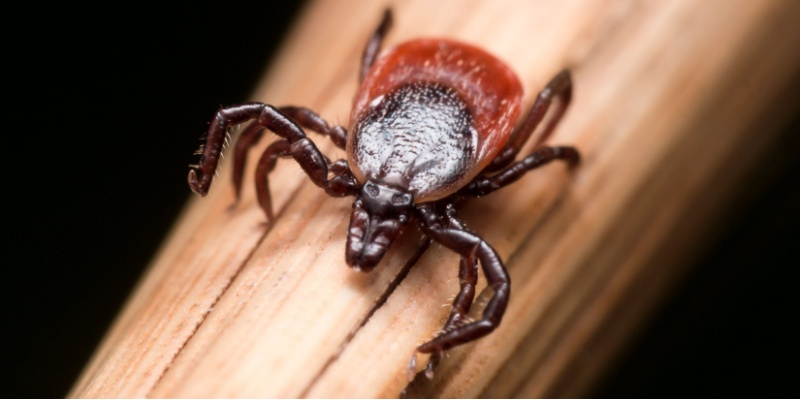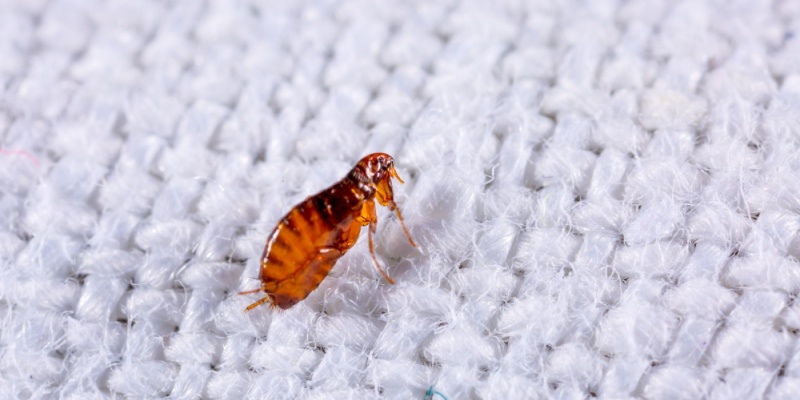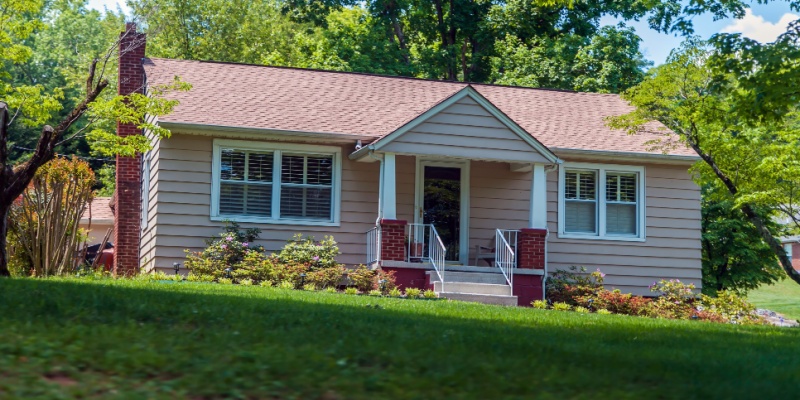Ticks are a common concern in many parts of the United States, including the Nashville area. This region, with its lush green spaces and warm climate, provides an ideal environment for ticks to thrive. Understanding the prevalence of ticks and the potential risks associated with them is crucial for Nashville residents, especially those who enjoy spending time outdoors.
Types of Ticks in Nashville
Nashville and the surrounding Middle Tennessee area are home to several species of ticks, including:
- American Dog Tick Often found in areas with little or no tree cover, such as grassy fields and along paths and walkways. This tick species is known for transmitting Rocky Mountain spotted fever.
- Lone Star Tick Easily identifiable by the white spot on its back, this tick is prevalent in wooded areas and can transmit diseases such as ehrlichiosis.
- Blacklegged Tick (Deer Tick) This tick, which can carry Lyme disease, is typically found in more humid, wooded areas.
Each of these ticks has the potential to carry and transmit various tick-borne diseases, making them a significant concern for public health.
Tick Activity in Nashville
Tick activity in Nashville tends to peak during the warmer months, generally from early spring through late fall. This is when ticks are most actively seeking hosts to feed on, increasing the chances of human and pet encounters with these pests. However, due to Nashville’s mild winters, tick activity can occasionally be observed year-round, especially in warmer winters or in protected, wooded areas.
Protecting Yourself and Your Family
Given the prevalence of ticks in the area, it is important for Nashville residents to take proactive measures to protect themselves:
- Use Tick Repellents Apply EPA-registered tick repellents containing DEET, picaridin, or IR3535 on exposed skin and clothing.
- Dress Appropriately When hiking or walking through wooded areas, wear long sleeves and pants, and consider tucking your pants into your socks to prevent ticks from crawling up the inside of clothing.
- Perform Regular Tick Checks After spending time outdoors, especially in areas likely to have ticks, thoroughly check your body and your pets for ticks. Be sure to look under the arms, in and around the ears, inside the belly button, behind the knees, between the legs, around the waist, and especially in the hair.
- Maintain Your Yard Keep your lawn trimmed and free from brush and leaf litter where ticks may hide. You can also create tick-safe zones by using wood chips or gravel to separate your lawn from wooded areas.
Consulting Professionals
If you find ticks frequently on your property or if you have concerns about tick-borne diseases, consulting with a pest control professional can provide peace of mind. These experts can offer targeted treatments and strategies to reduce the tick population in your area and help safeguard your family’s health.
Understanding the tick situation in Nashville is essential for taking appropriate precautions to prevent tick bites and the diseases they may carry. By staying informed and vigilant, Nashville residents can enjoy the great outdoors while minimizing the risks associated with these pesky invaders. If you need professional help dealing with ticks in your yard, get in touch with the pros at All Pest Solutions.



